The irony of Victory Day in Putin’s Russia
Russia’s recent Victory Day celebrations seem rather contradictory and dissonant considering that the brutal war they are currently waging on Ukraine, says commentator Wei Da, who contends that the best way to commemorate the occasion should instead be to resolve the ongoing war.
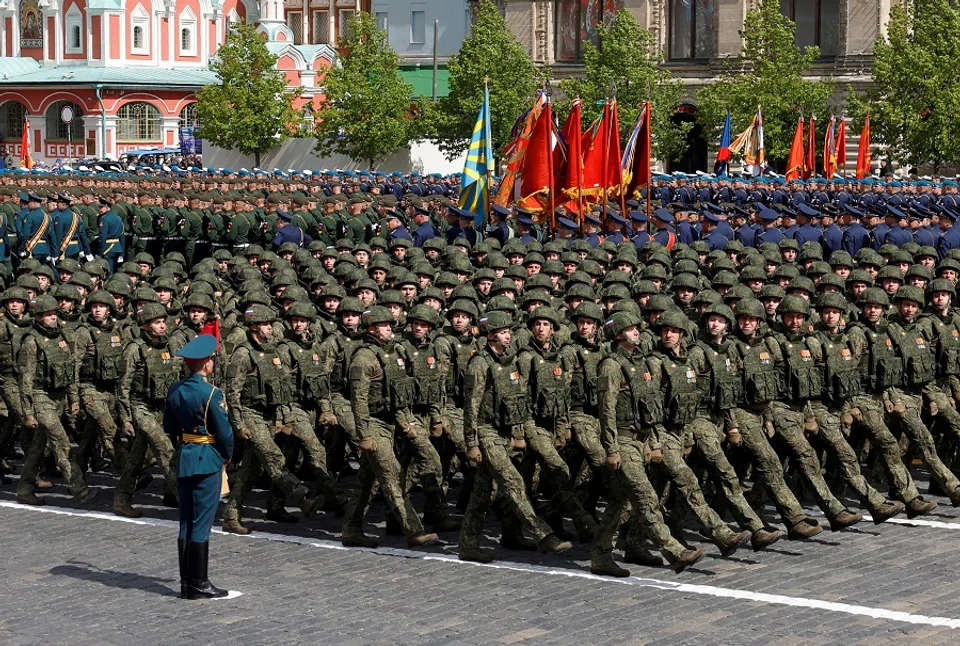
For most people around the world, watching Russia’s 9 May Victory Day military parade on Moscow’s Red Square would have felt surreal, as though the world had been turned upside down. Russia, once a principal victor and liberating force of World War II, and a permanent member of the United Nations Security Council after the war, is now waging a brutal war on its neighbour, Ukraine, seizing cities and territory like an invader from a bygone era.
This year marks the 80th anniversary of the end of World War II. The war claimed the lives of over 70 million people worldwide, including more than 20 million from the Soviet Union and 10 to 20 million from China. Numerous nations and ethnic groups suffered under fascist oppression and the ravages of war. Given their sacrifices, Russia and China should cherish peace above all and resolutely oppose aggression and conflict. Yet the current reality is quite the opposite — a profound desecration and bitter irony of historical tragedy, indicating that the fate of these nations may once again be veering into peril and misdirection.
Their degeneration into a shameless and recalcitrant aggressor bent on expansion, and constant self-righteous justification of their actions, is a tragic but telling reflection of this failure.
The Soviet Union: the reluctant ally
Many observers believe that Russia’s and Putin’s present misdeeds were foreshadowed long ago. Russia’s role as an anti-aggression ally in World War II may have been more of a historical accident or misunderstanding. At the end of the 1930s, as World War II erupted, threats to European peace came not only from Hitler’s Germany and Mussolini’s Italy, but also from Stalin’s Soviet Union.
While German and Italian fascism launched expansive wars of aggression, Stalin’s Soviet Union did not remain idle. It joined Hitler in attacking Poland from the east and soon launched a war against Finland to force territorial concessions. The infamous Molotov-Ribbentrop Pact — the Nazi-Soviet Non-Aggression Treaty — was signed during this period. It was essentially a treaty between two bandit states to divide spoils, directly resulting in the partitioning of Poland, the Baltic States, and Romania’s Bessarabia region.
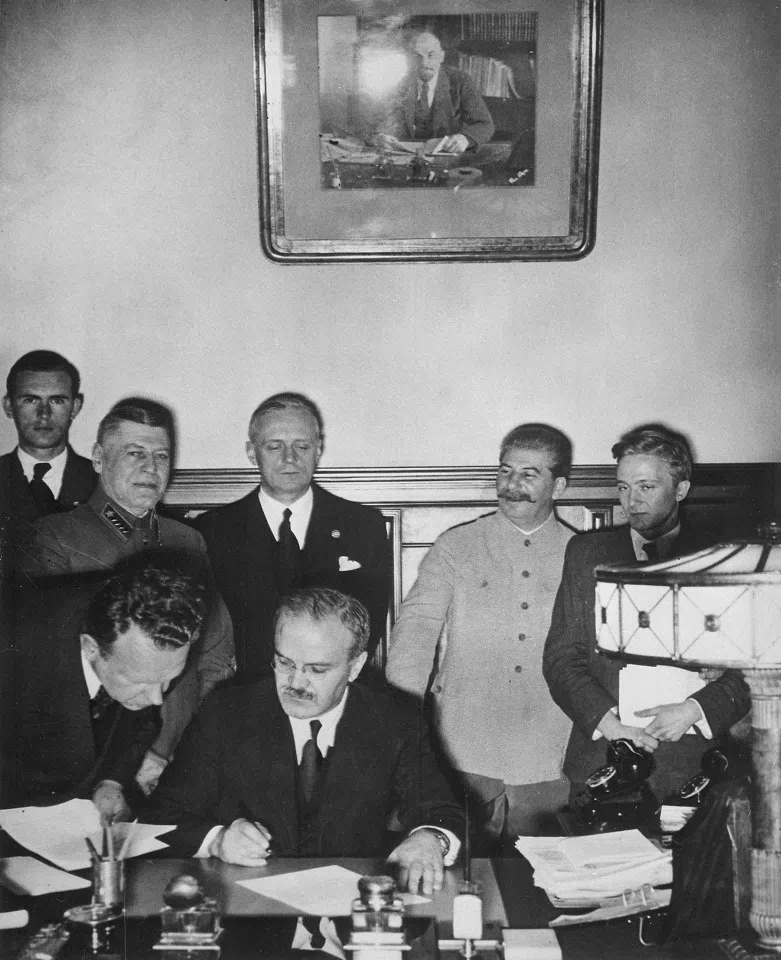
Hitler’s Germany became insatiably expansionist and unwilling to continue sharing spheres of influence with Stalin. Germany sought to dominate Europe alone and launched a massive and unprovoked invasion of the Soviet Union, forcing the Soviet Union into a four-year campaign known as the so-called “Great Patriotic War”, during which the Soviet Union became one of the main Allied powers opposing aggression.
In light of these events, it is unsurprising that postwar Soviet Union — and today’s Russia — failed to truly internalise history’s profound lessons. Their degeneration into a shameless and recalcitrant aggressor bent on expansion, and constant self-righteous justification of their actions, is a tragic but telling reflection of this failure.
The Soviet Union did not emerge as the ultimate victor precisely because World War II never accurately defined its true role — it was the eventual outcome of the Cold War that ultimately delivered the final verdict on the true nature of the Soviet regime.
The benefits of hindsight
As we commemorate the 80th anniversary of the end of World War II, the focus should not be entangled in the intricate details of the war’s course, contingencies, or hypothetical scenarios. Instead, what is urgently needed is a clear-eyed and profound political reflection from a broader perspective.
World War II was not just a war of aggression and resistance between nations, it was also a clash of values — between freedom and emancipation on one side, and tyranny and oppression on the other. The end of the war did not mark the end of the battle between these values; in fact, the Cold War that followed and lasted 45 years was a natural continuation and evolution of this ideological struggle.
The Soviet Union did not emerge as the ultimate victor precisely because World War II never accurately defined its true role — it was the eventual outcome of the Cold War that ultimately delivered the final verdict on the true nature of the Soviet regime.
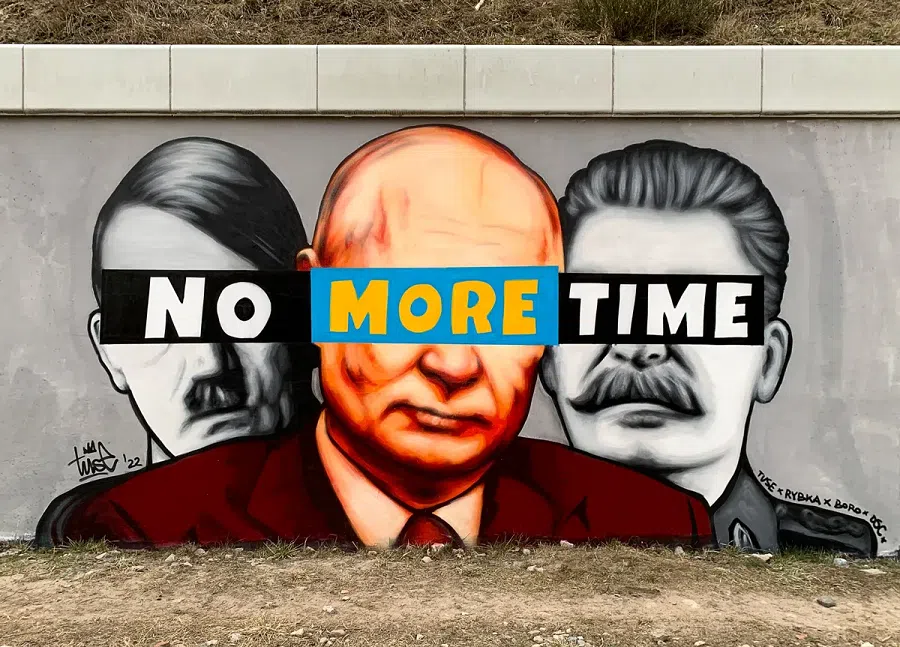
Thus, Russia and Putin resort to obfuscation and deception, distorting facts and dressing up their brutal acts of aggression as “denazification” of Ukraine and a pursuit of “truth and justice”. In reality, this is nothing more than the culprit accusing others of wrongdoings that can only be exposed under the scrutiny of history.
The teleology of history
Over the past 80 years, one of the most significant revelations is that human civilisation, in the aftermath of war, has increasingly moved toward democracy, freedom, rule of law, market economies, technological innovation, and improvements in people’s livelihoods. This has been the right direction — a bright and open path that has brought the world eight decades of overall peace and progress. For instance, China’s reform and opening up is a classic example of a nation that has developed and benefited by moving along this trajectory.
In contrast, after the end of World War I, peace lasted barely 20 years before the rise and rampage of fascist forces plunged humanity once again into war and catastrophe.
Truth is tested in implementation. Therefore, safeguarding the modern post-World War II world order and the fruits of pluralistic development should be a shared consensus among all progressive nations and peoples. Of course, there is no end to the development of civilisation or the progress of history. The postwar world order also has much room for reform and innovation, but the key lies in renewal, not regression. Any attempt to challenge the achievements of modern civilisation, dismantle the current world order, or revive imperial dreams and authoritarian delusions is destined to fail.
Putin and Russia had hoped to use the occasion of the 80th anniversary of the Allied victory in World War II to embolden themselves and put on a show of bravado. But the outcome was quite the opposite.
The West puts up a fight
Putin and Russia had hoped to use the occasion of the 80th anniversary of the Allied victory in World War II to embolden themselves and put on a show of bravado. But the outcome was quite the opposite. While Putin was orchestrating his flashy military parade, the leaders of major European countries gathered around a table in Ukraine’s capital Kyiv to issue a final ultimatum against Russia’s aggression, with a positive response and support from the Trump administration in the US.
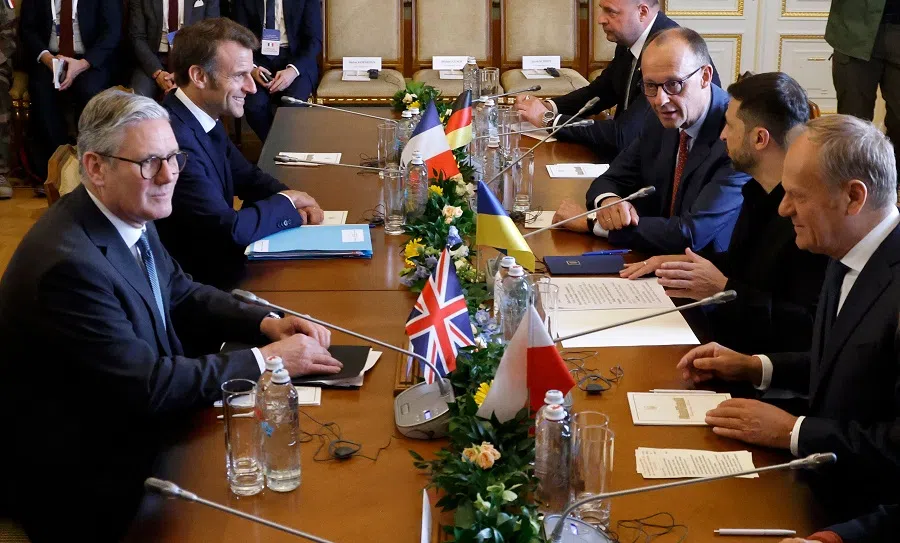
The ultimatum demanded that Putin and Russia, starting from 12 May, must unconditionally accept and implement a comprehensive 30-day ceasefire in the Russia-Ukraine war. Should Putin refuse, he would face even harsher financial and energy sanctions from the West, which would also escalate military support for Ukraine until Putin is forced back to the negotiating table. In response, Putin proposed direct negotiations with Ukraine in Turkey on 15 May. Trump also clearly stated that the outcome of these direct Russia-Ukraine talks in Turkey would shape the US and its allies’ understanding of Russia’s position and determine their subsequent actions. The talks yielded no ceasefire.
Many observers believe the European leaders’ ultimatum aims to achieve two objectives at once. The first is to place Putin in an extremely passive and difficult position — if he rejects the ceasefire proposal, he risks being isolated both domestically and internationally, losing support and legitimacy. The second objective is to serve as a message to the Trump administration — whose stance on the Ukraine issue has previously been somewhat ambiguous — that it is in fact Putin and Russia who are the initiators of the conflict and remain the greatest obstacle to achieving a ceasefire today.
This also illustrates how Western democratic political systems, while often messy or indirect, can still reach their intended targets — sometimes through trial and error, shifting positions, and eventual course correction. In the Russia-Ukraine war, the Biden administration adopted a firm stance of supporting Ukraine and refusing to engage in direct talks with Russia until it backed down. In contrast, the Trump administration’s approach centres on securing an immediate ceasefire to halt the destruction and killing, and starting peace negotiations.
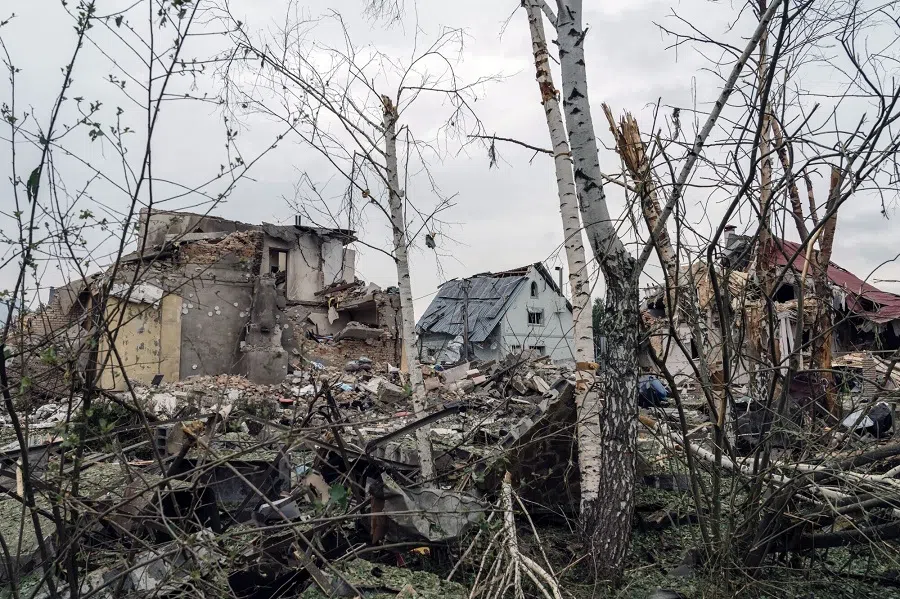
Biden’s position was generally in the right direction, but appeared somewhat rigid and faced serious challenges in implementation. Consequently, Ukraine has paid a heavy price in both manpower and resources. While Trump’s emphasis on achieving a ceasefire first may blur moral distinctions, halting the brutal war as a starting point is not without merit — it could serve as a constructive entry point to resolving the crisis.
Putin is now reliant on manpower and munitions from North Korea, and on material support and financial lifelines from China, to sustain the war effort.
An end to the Russia-Ukraine war?
However, two key principles must be upheld: first, the pressure must be focused on Russia, not Ukraine; and second, the response must be united among nations, rather than a solo performance by the US. After several rounds of trial and error, the West has finally reached an optimal level of coordination and is now presenting a united ultimatum to Putin and Russia to begin ceasefire negotiations.
For Putin, the Russia-Ukraine war has become a quagmire with no clear path forward. He is now riding a tiger he cannot dismount. On one hand, Russia’s national economy and people’s livelihood are increasingly unsustainable under the strain of prolonged war and Western sanctions. Putin is now reliant on manpower and munitions from North Korea, and on material support and financial lifelines from China, to sustain the war effort.
Then again, Putin has staked his political survival and legacy entirely on the outcome of this war. Although the future remains uncertain and retreat could mean personal ruin, stepping back could open up a horizon of possibilities for Russia as a nation and people.
The best way to commemorate the 80th anniversary of the Allied victory in World War II and to carry forward its legacy is for the world to overcome and resolve the “Putin dilemma” as soon as possible.
This article was first published in Lianhe Zaobao as “纪念二战胜利 突破‘普京困局’”.
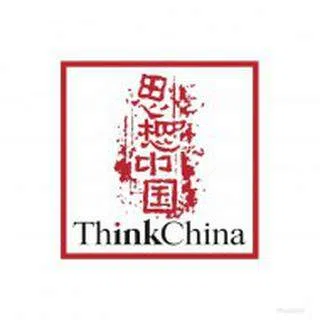


![[Big read] When the Arctic opens, what happens to Singapore?](https://cassette.sphdigital.com.sg/image/thinkchina/da65edebca34645c711c55e83e9877109b3c53847ebb1305573974651df1d13a)
![[Video] George Yeo: America’s deep pain — and why China won’t colonise](https://cassette.sphdigital.com.sg/image/thinkchina/15083e45d96c12390bdea6af2daf19fd9fcd875aa44a0f92796f34e3dad561cc)
